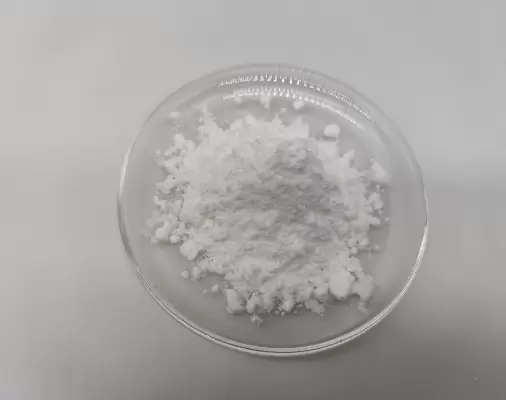In recent years, consumers have become increasingly concerned about the safety and health implications associated with synthetic food additives. This heightened awareness has spurred a shift toward natural alternatives capable of delivering similar functionalities without compromising on quality or taste. Among these alternatives, natural oxide Tyrosol, derived from olive oil, has emerged as a potent antioxidant with great potential for application in the food industry. In this blog post, Viablife explores the versatile applications of natural oxide Tyrosol in food additives, shedding light on its benefits for both consumers and manufacturers.
Understanding Natural Oxide Tyrosol:
Derived from olive oil, natural oxide Tyrosol is a phenolic compound found in the leaves and fruits of the olive tree. Renowned for its potent antioxidant properties, Tyrosol serves as a protective shield against oxidative stress and damage caused by free radicals. Given the link between oxidative stress and chronic diseases like cardiovascular issues, cancer, and neurodegenerative disorders, incorporating natural oxide Tyrosol into food additives becomes a compelling strategy for enhancing both the nutritional value and safety of products.

Antimicrobial Properties:
A standout benefit of natural oxide Tyrosol in food additives is its robust antimicrobial activity. Research indicates that Tyrosol exhibits potent effects against a broad spectrum of bacteria, including notorious foodborne pathogens like Salmonella and Escherichia coli. By integrating Tyrosol into food additives, manufacturers can mitigate the risk of microbial contamination, thereby extending the shelf life of their products without resorting to synthetic preservatives. This natural approach aligns seamlessly with the growing demand for clean label products among health-conscious consumers, ensuring both food safety and transparency.
Preservation of Food Quality:
Beyond its antimicrobial prowess, natural oxide Tyrosol plays a pivotal role in preserving the quality of food products. Oxidation, a chief cause of food spoilage leading to off-flavors, color changes, and nutrient degradation, is effectively combated by Tyrosol's potent antioxidant properties. This is particularly advantageous for products prone to oxidation, such as oils, fats, and processed meats. By incorporating natural oxide Tyrosol as a food additive, manufacturers can uphold the freshness, taste, and nutritional integrity of their products for an extended duration.
Health Benefits for Consumers:
In addition to its functional properties, natural oxide Tyrosol extends several health benefits to consumers. As an antioxidant, it neutralizes free radicals in the body, thereby reducing the risk of chronic diseases and contributing to overall health. Moreover, Tyrosol exhibits anti-inflammatory properties, offering potential relief for inflammation-related conditions like arthritis and cardiovascular diseases. By integrating natural oxide Tyrosol into food additives, manufacturers not only ensure product safety but also contribute to consumer well-being by providing healthier and safer food options.
Regulatory Considerations:
When incorporating natural oxide Tyrosol into food additives, adherence to regulatory guidelines is paramount. Manufacturers must conduct thorough research, obtain necessary approvals from relevant authorities, assess toxicological profiles, determine appropriate usage levels, and conduct stability studies to ensure additive efficacy. This meticulous approach ensures compliance and instills confidence in manufacturers looking to embrace natural oxide Tyrosol in their food products.

Conclusion:
The application of natural oxide Tyrosol in food additives stands as a promising avenue for the food industry to meet consumer demands for safer, healthier, and more natural products. With its antimicrobial and antioxidant properties, Tyrosol offers a natural alternative to synthetic additives, ensuring food safety and quality while providing health benefits to consumers. As the demand for clean label products continues to rise, incorporating natural oxide Tyrosol into food additives can be a transformative step for manufacturers, enabling them to harness the power of nature and deliver superior food products. Embracing this natural solution paves the way for a healthier and more sustainable future in the food industry.



